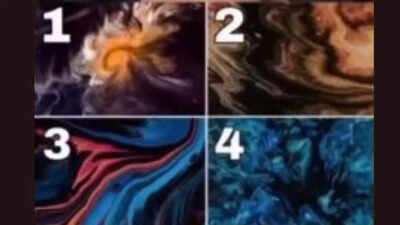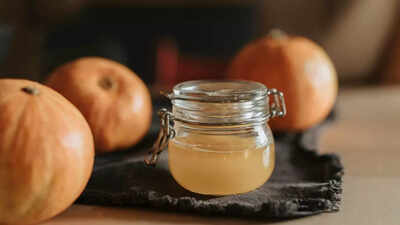
Vinegar has long been praised as a natural, budget-friendly cleaning staple, often used to tackle stains, shine glass, and freshen up appliances. But while it’s versatile, vinegar isn’t safe for every surface in your home. Its high acidity can corrode finishes, dull natural materials, and even damage delicate appliances when used incorrectly. From countertops to electronics, certain items require gentler, specialised cleaning methods. Using vinegar in the wrong places can lead to costly repairs or permanent damage. Here are eight things you should never clean with vinegar and the safer alternatives you should reach for instead.
What not to clean with vinegar : 8 household mistakes to avoid
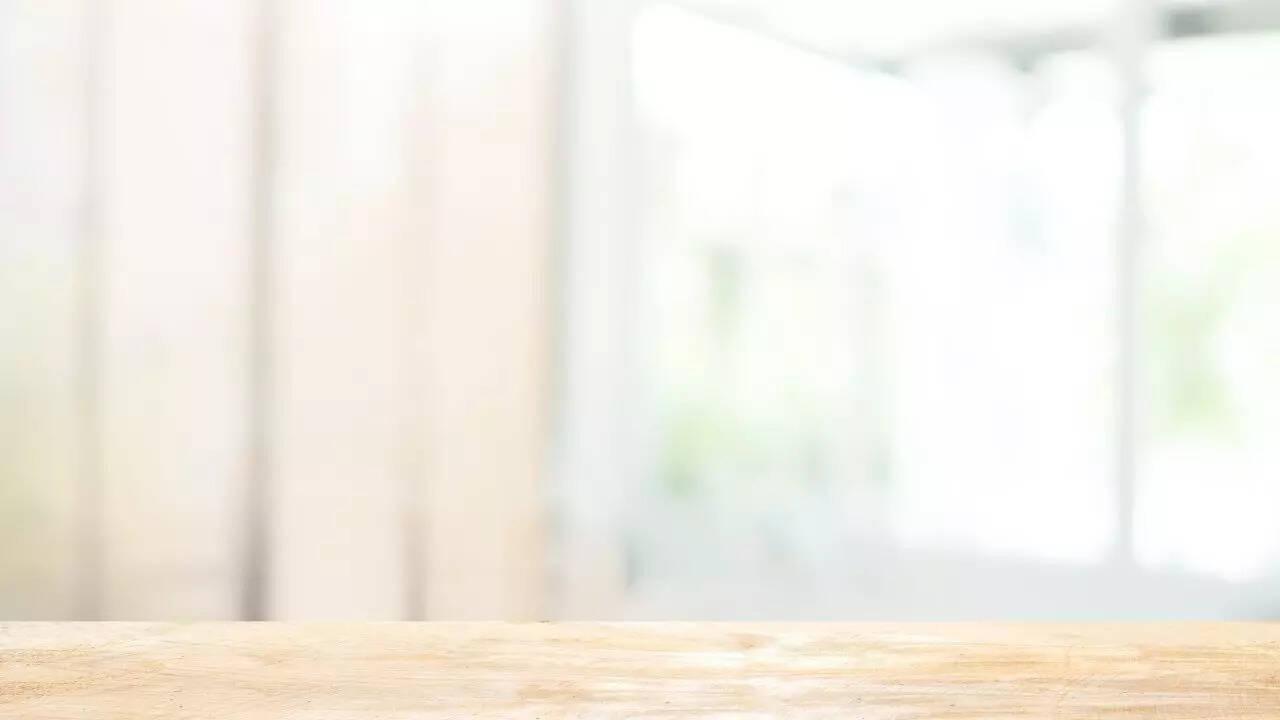
Wood surfaces, floors and furniture
Although vinegar is a natural cleaner, it is far too acidic for wood. Whether it’s hardwood floors, kitchen cabinets, or dining tables, vinegar can strip away protective finishes. Over time, this leaves wood surfaces looking dull and prone to damage. For unsealed wood, vinegar is even riskier, as it can cause swelling and warping.To keep wood looking polished and protected, opt for a cleaner specially designed for hardwood or a mild soap-and-water solution. This way, you avoid damaging the finish while still removing dust and dirt effectively.
Stainless steel appliances
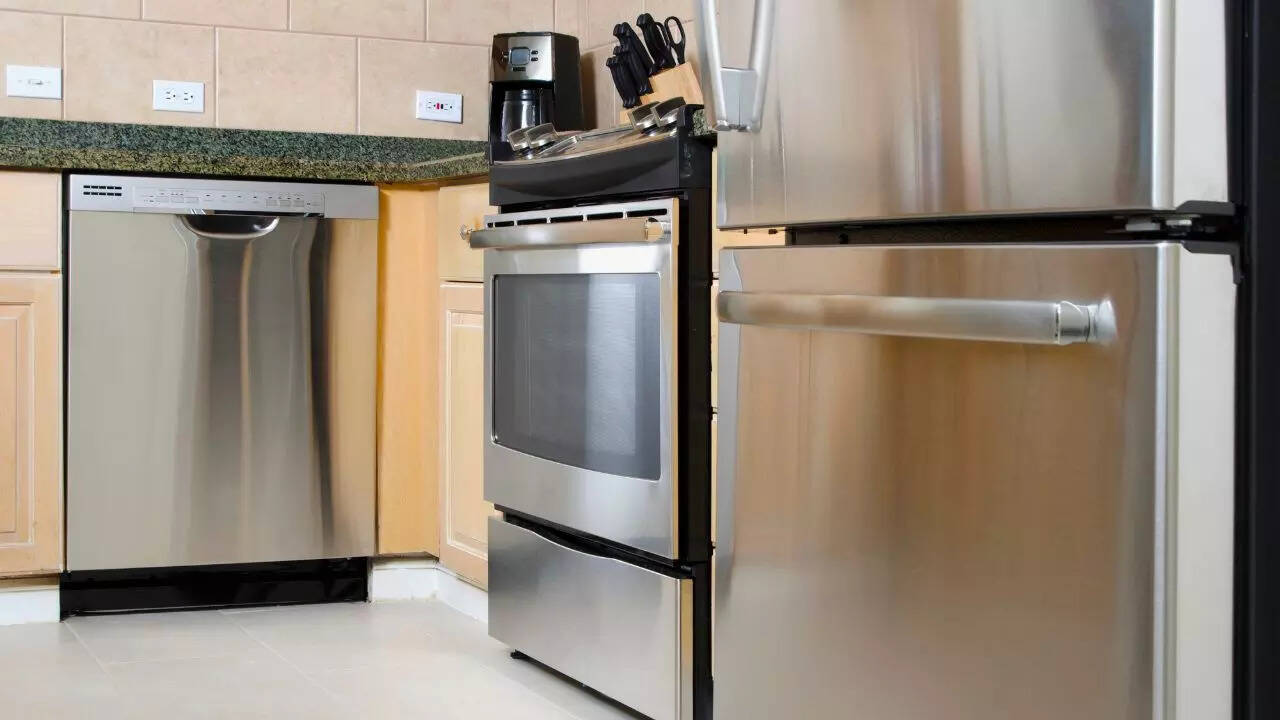
It might be tempting to wipe down your refrigerator or oven with a vinegar spray, but stainless steel is particularly sensitive to acidic cleaners. Vinegar can leave streaks, discolouration, and even permanent marks on the sleek surface. While some diluted solutions are sometimes recommended, experts caution against using vinegar altogether on stainless steel. Instead, go for a dedicated stainless steel cleaner or simply use warm water with a drop of dish soap. These options lift fingerprints and food stains without risking damage to the appliance’s protective finish.
Stone countertops
Marble, granite, and limestone countertops are easily etched and dulled by acidic cleaners like vinegar. Even small amounts can leave behind stubborn marks that ruin the stone’s natural shine. Since these countertops are often expensive investments, protecting their surface is key.For safe cleaning, mix a few drops of mild dish soap with warm water and wipe the surface with a soft cloth. There are also pH-neutral stone cleaners available that help maintain both cleanliness and the stone’s glossy finish.
Irons and garment steamers
Some people run vinegar through irons or steamers to break down mineral deposits. However, while it may temporarily clean internal b uild-up, vinegar can also corrode the delicate internal parts of these appliances, causing permanent damage.A safer method is to stick with plain water. Fill the water chamber, set the iron or steamer to the highest heat and steam setting, and let the steam flush out trapped minerals. This maintains functionality without risking corrosion.
Grout
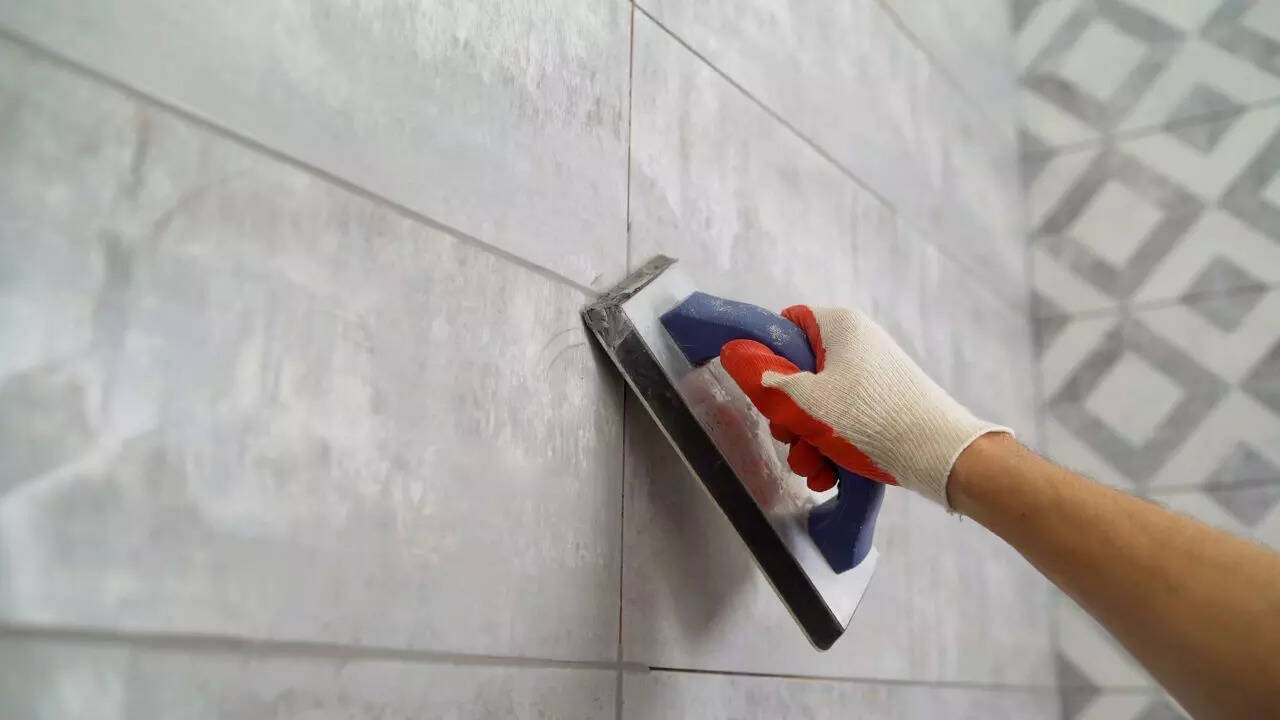
Grout may look tough, but it is actually quite porous and delicate. Regular exposure to vinegar can cause grout to erode, particularly if it is unsealed or already in poor condition. The result is crumbling grout lines and tiles that may become loose over time.For effective cleaning, use a diluted bleach solution with a stiff brush, or try a baking soda and water paste for a gentler approach. Both options brighten grout without the long-term damage that vinegar can cause.
Washing machines
Vinegar is sometimes added to laundry as a natural fabric softener or deodoriser, but frequent use inside the washing machine can backfire. Its acidity may corrode rubber hoses, gaskets, and other internal parts, leading to leaks or malfunctions over time.An occasional vinegar rinse cycle won’t cause major harm, but it should not be a regular part of your laundry routine. For odours or residue, use cleaners specifically designed for washing machines to keep them in top condition.
Electronic screens
Never spray vinegar on phones, laptops, televisions, or any electronic screen. The acid in vinegar can wear away anti-glare coatings and reduce the responsiveness of touchscreens. Even a small amount of damage can affect visibility and performance.The safest cleaning option is a slightly damp microfiber cloth or a specialised screen cleaner. These remove smudges and fingerprints without damaging the delicate layers of the screen.
Egg spills and stains
If you accidentally drop an egg on the floor, vinegar is the last thing you should reach for. The acidity in vinegar causes the proteins in eggs to coagulate, making the mess even stickier and more difficult to wipe up.Instead, sprinkle salt or baking soda over the spill to solidify it, then scoop it up with a paper towel before cleaning the area with warm soapy water. This method is quicker, cleaner, and much less frustrating.While vinegar has its place as a natural cleaning powerhouse, it isn’t safe for every surface or appliance. Using it in the wrong way can lead to costly damage, dull finishes, or reduced performance of your household items. By knowing when to avoid vinegar and choosing safer alternatives, you can keep your home sparkling clean—without the unintended side effects.Also Read: 5 plants that naturally stop moles from damaging your garden



